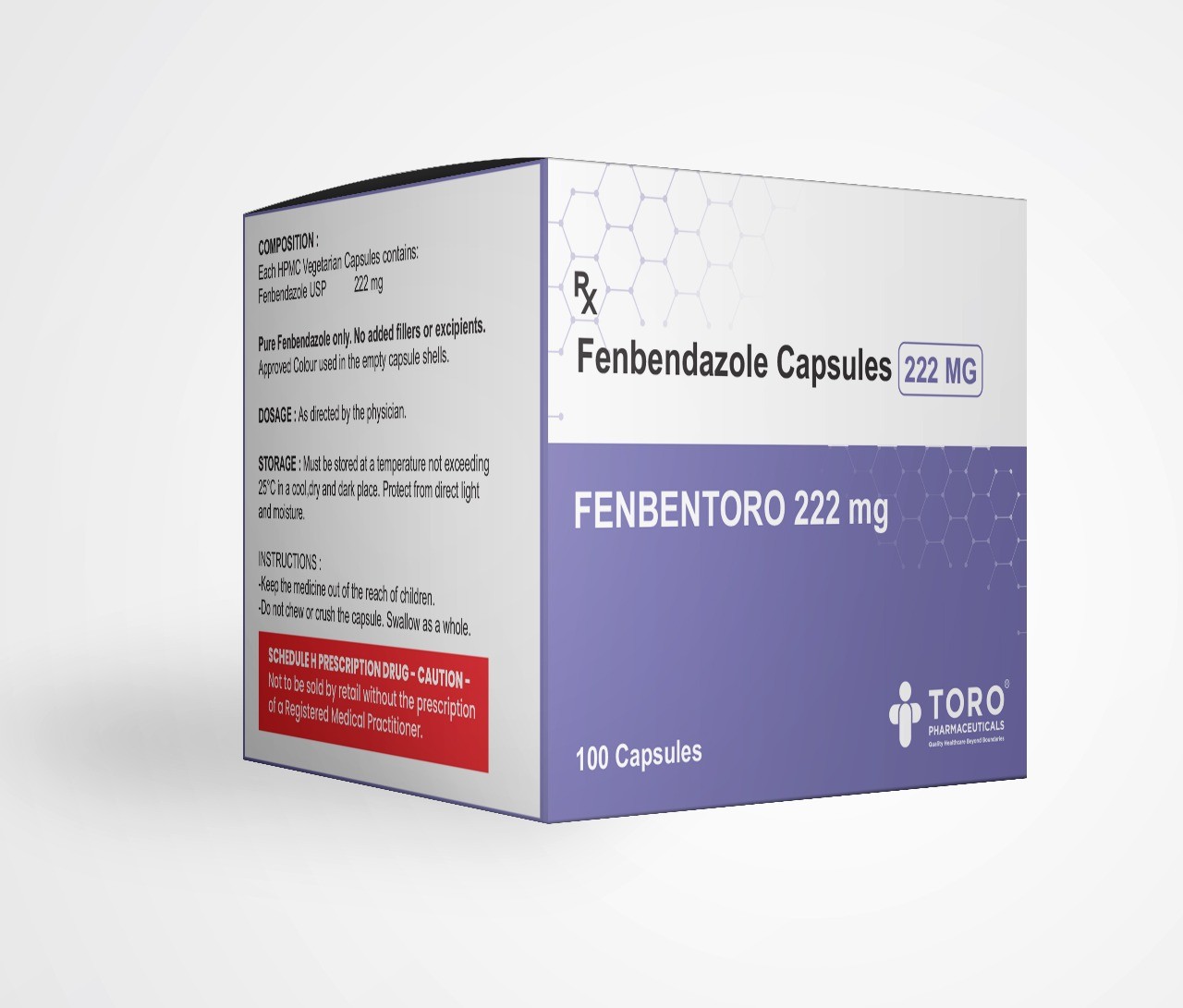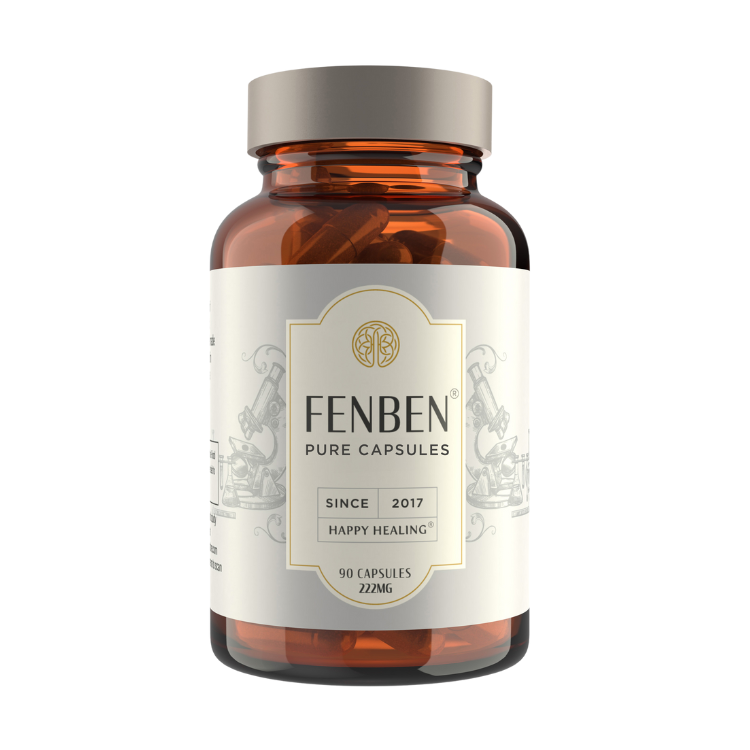fenbendazole 444: How It Helps in Reliable Parasite Control
Wiki Article
Understanding the Benefits and Uses of Fenbendazole in Vet Medicine
Fenbendazole has developed itself as an essential anthelmintic in vet medicine. Its capability to target various parasitic infections makes it a beneficial device for vets. The medication's system disrupts crucial cellular processes in parasites, leading to effective treatment end results. Nonetheless, its safety and security account ranges types, demanding mindful factor to consider in its usage. Comprehending these dynamics can drop light on fenbendazole's wider effects in vet treatment and continuous research study right into its possible beyond traditional applicationsSystem of Activity of Fenbendazole

Typical Parasitical Infections Treated With Fenbendazole
A variety of parasitical infections are effectively treated with fenbendazole, making it a functional option in veterinary medicine. This anthelmintic representative is especially reliable against nematodes, including roundworms and hookworms, which frequently influence pet dogs and cats. It is also utilized for the therapy of cestodes, such as tapeworms, offering a broad spectrum of action versus both sorts of intestinal parasites. In addition, fenbendazole is beneficial in taking care of infections brought on by protozoa, specifically Giardia, which can cause stomach distress in animals. Its efficiency encompasses treating particular lungworms in canines and felines, dealing with respiratory health issues linked to these parasites. In general, fenbendazole's ability to target several parasitical varieties makes it a beneficial device in vet technique, guaranteeing the health and wellness and well-being of pets influenced by these usual infections.Safety and security and Efficacy in Different Pet Species
The safety and security and effectiveness of fenbendazole vary among various animal varieties, highlighting the value of species-specific factors to consider in vet medicine. In canines, fenbendazole is generally well-tolerated and effective against a series of intestinal parasites, consisting of roundworms and hookworms. For felines, nevertheless, its use is less common and may require mindful application as a result of potential negative responses.In animals, such as cattle and lamb, fenbendazole shows effectiveness against numerous endoparasites, adding to boosted health and performance. The pharmacokinetics and prospective side results can vary substantially in between species, requiring mindful examination by veterinarians.
Equines also respond favorably to fenbendazole, specifically for treating strongyles and ascarids, though dosage and administration paths must be customized to their distinct physiology. Understanding these distinctions is vital for enhancing therapy outcomes and making certain animal well-being across diverse species.
Management and Dose Guidelines
Correct management and dose guidelines are crucial for taking full advantage of the healing results of fenbendazole while reducing possible negative effects. The dose commonly differs relying on the species being dealt with, the particular condition, and the formula of fenbendazole used. fenbendazole 222. For pet dogs and pet cats, an usual dosage is 50 mg/kg body weight, provided as soon as daily for 3 consecutive days, yet veterinarians may readjust this based on individual wellness assessmentsIt is essential to provide fenbendazole with food to boost absorption and reduce intestinal trouble. The Related Site medicine is available in various forms, consisting of granules and paste, permitting adaptable management choices. Monitoring the animal's reaction throughout and after therapy is suggested to confirm efficiency and safety. Furthermore, veterinary assistance is vital to establish the suitable period of treatment based on the kind of parasitic infection being resolved, guaranteeing suitable results for the animal's wellness.
Future Viewpoints and Research on Fenbendazole
Research study on fenbendazole continues to progress, concentrating on its possible applications beyond typical antiparasitic uses. Current researches have actually discovered its performance in treating different forms of cancer cells, especially in veterinary oncology. Initial information recommend that fenbendazole might prevent the growth of growth cells and enhance the results of other chemotherapeutic representatives.Scientists are exploring its role in managing stomach disorders in animals, highlighting its anti-inflammatory residential properties. The versatility of fenbendazole for various species increases inquiries regarding its safety and security profiles and excellent application programs in diverse populations.
As passion expands, there is a requirement for detailed professional trials to Recommended Reading develop evidence-based guidelines for these unique applications. Future study might additionally examine the systems behind fenbendazole's results, potentially leading the method for innovative healing strategies in vet medication. The ongoing exploration of fenbendazole could significantly improve therapy options for different veterinary conditions.

Frequently Asked Inquiries
Is Fenbendazole Safe for Pregnant Animals?
The security of fenbendazole for pregnant pets remains uncertain. While some research studies recommend very little risk, vets typically recommend caution and usually recommend against its use during pregnancy unless the benefits plainly outweigh potential risks.Can Fenbendazole Be Used in Animals?
Fenbendazole is typically made use of in livestock to deal with different parasitical infections. fenbendazole. Its effectiveness against intestinal worms makes it a useful anthelmintic, adding to enhanced wellness and efficiency in pets elevated for food and fiberWhat Are the Side Impacts of Fenbendazole?

The negative effects of fenbendazole might consist of gastrointestinal disturbances, lethargy, and sensitive responses. In rare instances, extra severe responses can happen, necessitating careful surveillance and appointment with a veterinarian throughout therapy.
Exactly How Does Fenbendazole Compare to Various Other Dewormers?
Fenbendazole offers broad-spectrum useful reference efficiency versus different parasites, typically comparing positively to other dewormers. Its one-of-a-kind device targets various life phases, making it effective, while typically presenting a favorable security profile contrasted to alternatives readily available on the marketplace.Can Fenbendazole Be Utilized for Treating Cancer Cells in Pet Dogs?
The potential of fenbendazole in treating cancer in family pets has actually gathered rate of interest. Initial studies suggest it might prevent cancer cell development, yet additionally research study is required to validate its effectiveness and safety in veterinary oncology.Report this wiki page